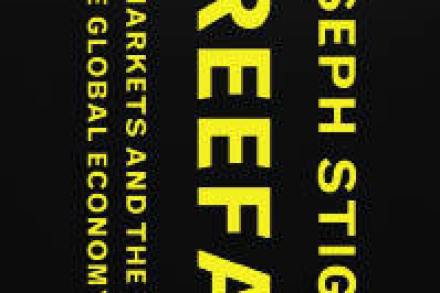Bank-bashing with a vengeance
Over the decades of (relative) macroeconomic stab- ility in the second half of the 20th century, profit-seeking com- mercial banks and state-owned central banks worked together to lower the cash-to-asset ratios in the banking industry. An understanding grew that profitable and well-capitalised commercial banks should be able to borrow cash from the central bank if

